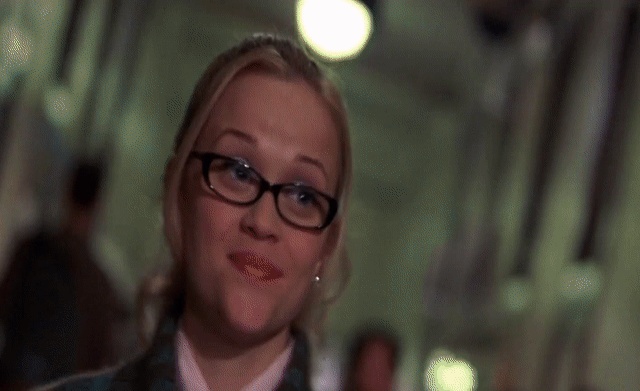A Taste of Law School
The decision to pursue legal studies is one that will profoundly shape your personal and professional future. Whether you are considering law school immediately following your undergraduate degree, after a few years of work experience, or after a career in an alternate field, law school will present a new and at times overwhelming challenge. The most successful candidates that receive offers from Canada’s preeminent schools share more than a sense of ambition and dedication; they have in common a preparedness that unsuccessful candidates may lack.
A few years back, Laura Drake of MacClean’s published the article “Getting into law school is harder than ever.” While getting into law school in Canada had never been easy, demographic changes and the faltering economy had pushed applicants to all time highs, all vying for the limited number of seats offered.

"Hey.. Hi.."
Today, Canada’s law schools are continuing to demand higher GPAs and LSAT scores. The median LSAT score at the University of Toronto is a 166 (downn from 168 a few years ago), while the average undergraduate GPA at the University of Ottawa is a staggering 3.7. After profiling a number of students who were broadly rejected, the article claimed that securing entry was now “nearly impossible.” While this is hyperbole, Drake’s points are completely valid. In Ontario, applications are due early, and many students will write or re-write the December and February LSATs to secure entry. So let’s get started with how to approach Applications.

The Competition: What to expect
Excerpt from The Trials of Law School featuring now Senator Elizabeth Warren
from her days at Harvard Law.



